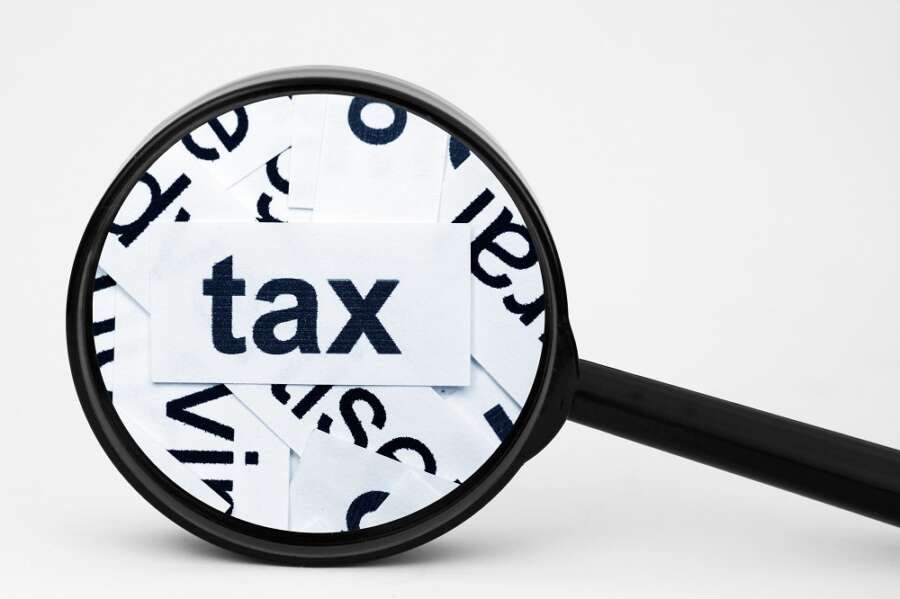

By Mike Parkes, tax expert at GoSimpleTax
At the end of this month, anyone earning more than £1000 from self-employment or being a landlord needs to submit a self-assessment tax return. The deadline – at midnight on 31 January – seems to creep up each year and every year we see a surge of submissions in the final hours leading up to the deadline.
As with everything, doing a tax return on the last minute raises the chance of mistakes being made as people rush through the complex sums to submit their return on time. Not only can mistakes cost you in terms of penalties from HMRC, but they can also mean that you over-pay on the tax you owe, thanks to missed money-saving opportunities or clumsy maths.
Here are five of the most common mistakes made on tax returns – and the easy ways you can avoid them – so this year’s self-assessment can be as painless as possible.
1.Expenses, expenses, expenses
Every business will have expenses. From software subscriptions to mileage and train fares, there are plenty of opportunities to deduct from your income’s profit – and therefore reduce your tax payable. Getting your expenses right can make a significant difference to how much you owe.
You can claim for a lot of things as business expenses, including phone and broadband bills, mileage, softwares, media subscriptions and more. A word of warning though – you may not be able to claim the full amount if, for example, you also use your phone for personal use.
It is always worth checking what can and can’t be claimed. HMRC publishes a list of allowable expenses for the self-employed.
2.Losing records
You need to keep records for five years after each tax return and, while you can of course keep paper copies, it’s easier and less space-consuming to use a software designed to read, store and submit records.
Accurate records should be kept year-round to ensure nothing is missed off, as any missing income or expenditure will affect how much tax you need to pay.
3.Missing or wrong information
Including the wrong information, or missing things off, can cause huge problems. Make sure your basic details – name, address, NI number, date of birth and so on – are correct. It’s a five minute job that could prevent problems down the line.
Missing information doesn’t just relate to personal data. All your income must be accounted for – including any side hustles, property rentals, investments or even profits from cypto trading.
4.Forgetting your SEISS grants
If you received a Covid-19 SEISS grand from the Government during 2021-22, you need to add this to your tax return this January.
Crucially, however, this must be added in the right place. Do not simply include these payments in your general income – rather, there is a separate area on the form to add these.
If you do wrap your SEISS grants up with your other income, the likelihood is that HMRC will add them in for you and you’ll end up paying tax on them twice.
5.Forgetting deductibles like pensions
There are a number of tax-free expenditures and investments, of which pensions are one of the better-known. There are also ISAs, venture capital schemes and various other investment opportunities which count as tax-free expenditure. Make sure you log any of these in the right place, as they bring your amount of taxable income down.


